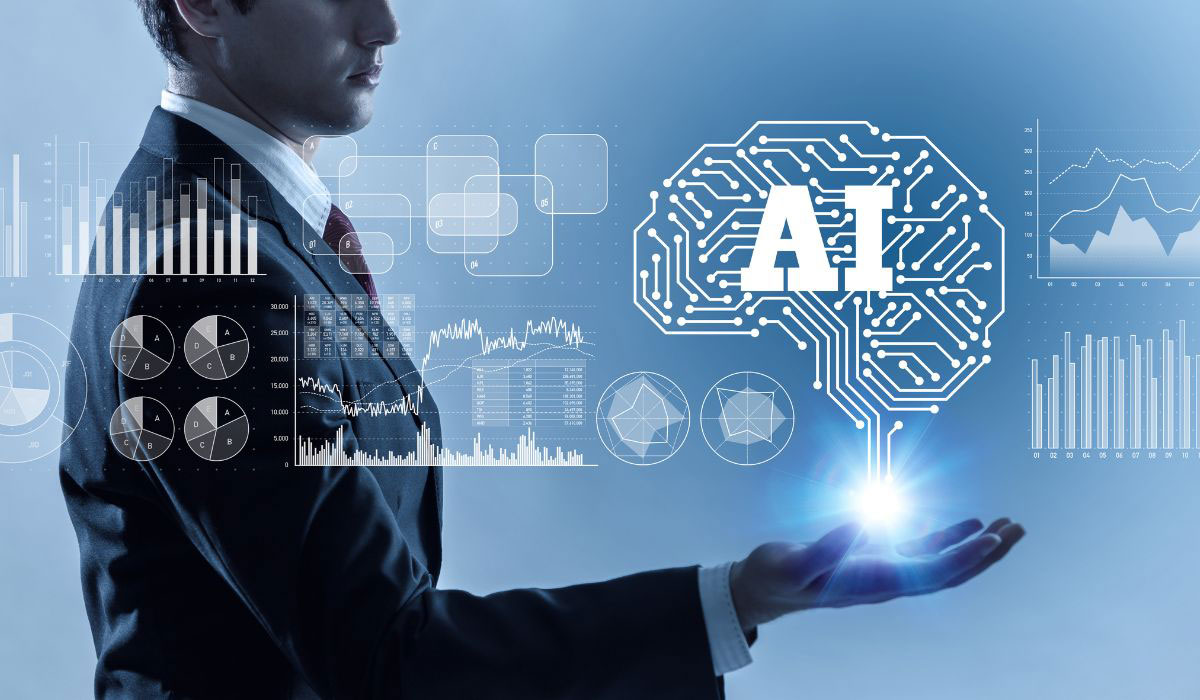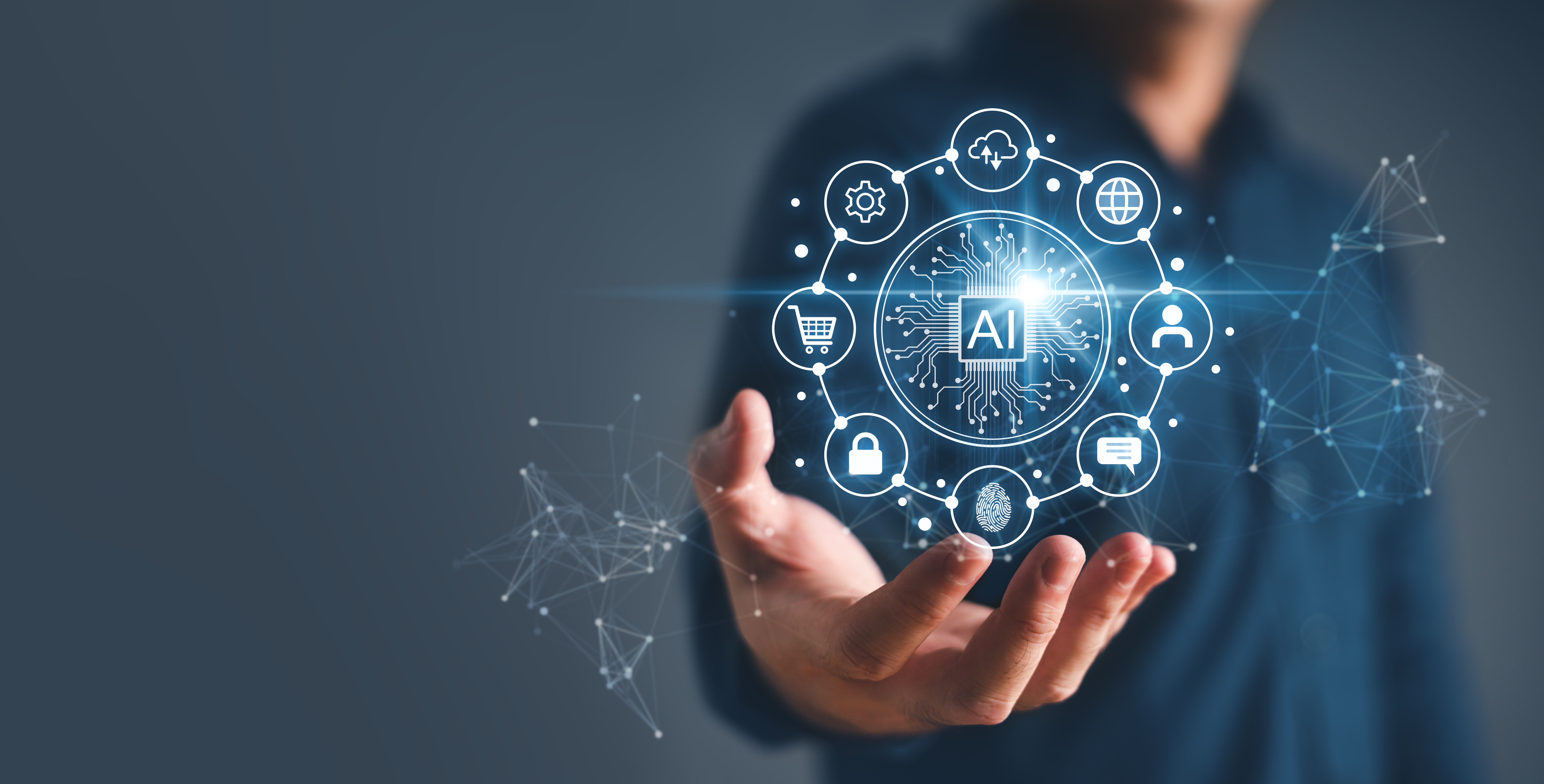 Introduction: The Rise of AI Technology
Introduction: The Rise of AI Technology
Artificial Intelligence (AI) has quickly become one of the most revolutionary technologies of the 21st century. From smart assistants like Siri and Alexa to advanced machine learning systems that power self-driving cars and predictive analytics, AI is influencing almost every aspect of modern life. As technology continues to evolve, the future of AI promises even greater transformations that will reshape industries, redefine work, and revolutionize our daily experiences.
The Growth of AI Technology
AI is no longer a futuristic concept — it is already here. According to global reports, AI adoption has grown exponentially in the past decade, with investments projected to reach trillions by 2030. Companies use AI to streamline operations, improve decision-making, and enhance customer experiences. Future developments will push AI beyond current limits, making it smarter, more efficient, and more integrated into human life.

Future Applications of AI
1. AI in Healthcare
The healthcare industry will see the most significant advancements through AI technology. From early disease detection to robotic surgeries and personalized medicine, AI will save millions of lives. Future AI systems may even predict pandemics before they spread, helping prevent global health crises.
2. AI in Business and Economy
AI-driven automation will reshape business operations. From supply chain optimization to AI-powered customer support, companies will become more productive. The global economy will see a major boost as AI technology helps businesses cut costs and increase efficiency.
3. AI in Education
The future classroom will be powered by AI tutors and personalized learning systems. Students will have access to customized lessons designed for their learning pace, making education more accessible worldwide.
4. AI in Transportation
Self-driving cars, drones, and AI-powered traffic management systems will make transportation safer and more efficient. The future city infrastructure will rely on AI to reduce accidents and manage traffic flow.
5. AI in Daily Life
From smart homes to personal assistants, AI will be part of our everyday routines. Future AI devices will anticipate our needs before we even express them, creating seamless interactions.
 Benefits of AI Technology in the Future
Benefits of AI Technology in the Future
-
Efficiency and Productivity: AI automates repetitive tasks, saving time and reducing human error.
-
Innovation and Creativity: With AI handling data-heavy tasks, humans can focus on innovation.
-
Healthcare Advancements: Early detection, personalized treatments, and improved patient care.
-
Economic Growth: Trillions of dollars added to the global economy.
-
Accessibility: AI can bridge gaps in education, healthcare, and services across developing nations.
Challenges and Risks of Future AI
While AI brings opportunities, it also comes with risks:
-
Job Displacement: Automation may replace many traditional jobs, requiring new skills.
-
Ethical Concerns: Privacy issues, bias in algorithms, and misuse of AI can create serious challenges.
-
Security Threats: Advanced AI in the wrong hands could lead to cyberattacks and misinformation.
-
Dependence on Technology: Over-reliance on AI could make humans less self-sufficient.
Addressing these challenges will be crucial to ensuring AI serves humanity positively.
The Future of AI and Human Collaboration
One of the most promising aspects of AI technology is not its ability to replace humans but to collaborate with them. AI systems will act as co-pilots in workplaces, supporting professionals in decision-making, creativity, and innovation. This partnership between humans and AI will define the next era of progress.
AI in 2030 and Beyond
By 2030, AI technology will likely become as common as the internet is today. We can expect:
-
Fully autonomous vehicles on roads.
-
AI-powered medical diagnostics that outperform human doctors.
-
Smarter cities powered by AI traffic, energy, and waste management systems.
-
AI companions that help with mental health, elderly care, and social support.
The long-term vision of AI may even extend into space exploration, climate change solutions, and advanced robotics that can perform tasks beyond human capacity.
Conclusion: The Future is AI-Driven
AI technology will define the future of humanity. Its potential is limitless, from solving healthcare challenges to driving innovation in every industry. However, we must balance innovation with responsibility, ensuring ethical AI use for the greater good. The future of AI will not only transform the way we work and live but also redefine what it means to be human in a technology-driven world.
Artificial intelligence is not just the future — it is the present, and its journey has only just begun.

You must be logged in to post a comment.